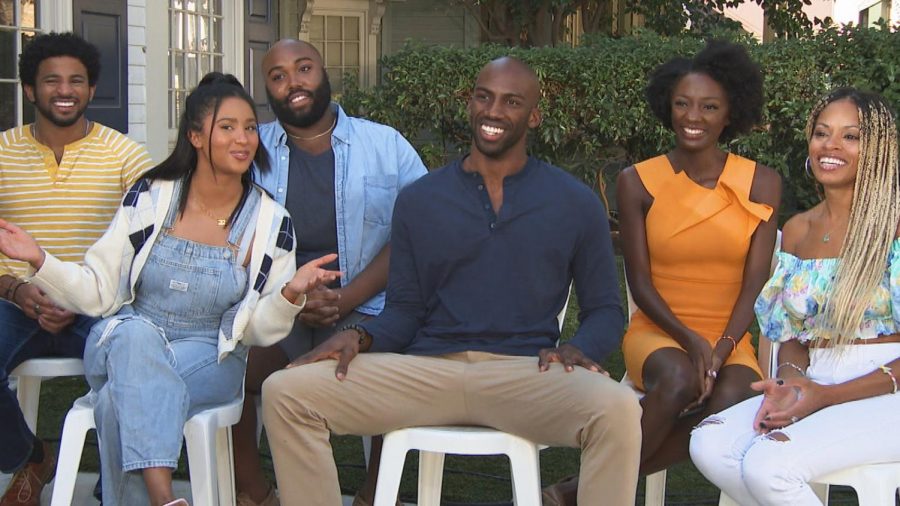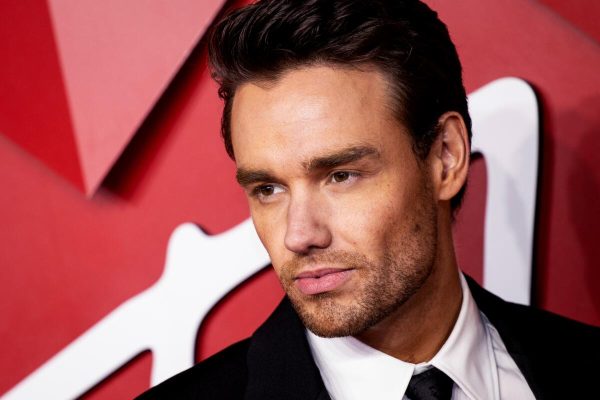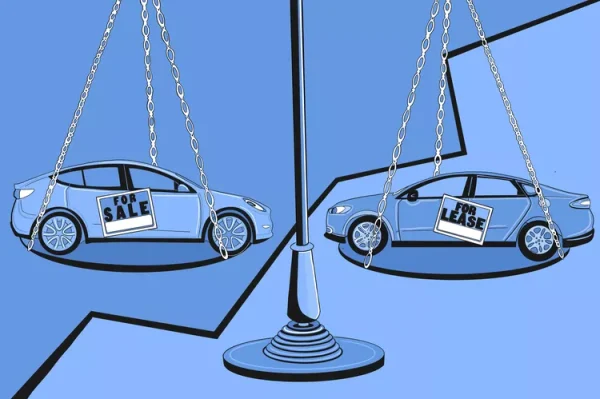Despite first African American winner, Big Brother season 23 exposes undertones of racism and misogyny
Big Brother season 23 winner Xavier Prather (center) of the Cookout Alliance came under fire for misogynistic comments.
On Sept. 29, the popular CBS competition show Big Brother crowned its first-ever African American winner, Xavier Prather. His historic win is thanks to the expert gameplay of an all-African American power alliance called the Cookout. The season finale, while predictable in its outcome, was the best ending there could have been for a season of both progression and retrogression. The Black community may have prevailed, but sexism was displayed like never before towards the female houseguests.
In a unanimous vote of 9-0, Prather beat runner-up Frazier, earning himself the grand prize of $750,000. Prather is the first African American winner of a non-celebrity season of Big Brother. Tamar Braxton won season two of Celebrity Big Brother in 2019. Frazier won the second-place prize of 75,000 dollars.
The Cookout was formed on Day 1 of the game, consisting of African American houseguests Prather, Tiffany Mitchell, Kyland Young, Hannah Chaddha, Azah Awasum, and Derek Frazier. The “six,” as the players commonly referred to themselves, pledged early on to play their individual games while secretly prioritizing the safety of the Cookout. Prather never failed to credit the Cookout for contributing to his historic win.
“I wanted this season to be different from past seasons,” Prather told Entertainment Weekly, “and luckily I had five other like-minded individuals in the house to help me with that goal and we accomplished it.”
This season seemingly reversed years of discrimination on Big Brother, particularly with Big Brother 21 and Big Brother: All Stars 2. BB21 winner Jackson Michie was the leader of a season packed with racism, misogyny, and bullying tactics. The All Stars cast featured an all-white alliance called the Committee, which also displayed racism towards African American players. Many fans did not know how Big Brother could continue airing with the constant controversy.
Producers attempted to reverse this negative pattern by assembling the most diverse cast in Big Brother history. As opposed to prior seasons’ featuring of a “token” black male and female to meet the diversity requirement, this season cast six African American cast members among houseguests of other races. Representation was on point this season, but production could never have predicted the emergence of an all-African American alliance.
Prather, a lawyer who posed as a bartender, maintained a steady place in the house and within the Cookout, becoming much less of a target compared to his teammates, Mitchell and Young. They had a rocky relationship within the alliance, consistently competing for Head of Household and other powers against each other more than non-Cookout houseguests.
The competition between Mitchell and Young brought to light early on the misogyny occurring within the Cookout. The male players appeared not to respect and acknowledge the work done by their female counterparts to progress their alliance to the final six. Most notably, Mitchell’s strategic accomplishments were heavily overlooked.
Mitchell became known for formulating the “Master Plan” which was the Cookout’s plan to advance its members to the end without raising suspicion. Each Cookout member would have a partner, someone outside of the Cookout, who they would get close to. Whenever one of them would be nominated for eviction, they would be put up next to their partner. Then, the rest of the Cookout would have the numbers to vote out the partner and keep their teammate in the house.
Mitchell’s genius strategy worked flawlessly. Despite a few hiccups from tensions within the alliance, the Cookout stayed on course with carrying out the Master Plan. Many fans believe that Mitchell deserved to win the game for developing the strategy that actually got Prather and the rest of the Cookout to the end. Instead, she was the first member of the Cookout to be evicted. However, fans made their support known when Mitchell was voted America’s Favorite Houseguest, with its 50,000 dollar prize.
Young criticized Mitchell, saying he did not believe she was what the first African American winner should represent. Fans denounced this, calling him bitter and insecure that a woman played a smarter game than he did.
Mitchell also had tensions with season runner-up Frazier. Frazier’s many displays of misogyny often made it past the live feeds and into broadcasts. Frazier often called female houseguests “b*tches” behind their backs and would become angry whenever he was given game advice by a woman. Mitchell was often subjected to Frazier’s ridicule, which painted a bad picture of Frazier in fans’ eyes.
Frazier also displayed misogyny toward early evictee Whitney Williams, including an entire segment that aired showing him ridiculing her choice of clothing. In the post-season, Williams and Frazier had a back-and-forth on Twitter and other social media sites. In an interview for The Winner’s Circle on YouTube, Williams said that in the house, Frazier was “incredibly disrespectful toward everybody, specifically women.”
Furthermore, Frazier’s hypocrisy about the gameplay of his fellow houseguests was obvious. He downplayed the game of other players in the house, namely Mitchell and Awasum, who finished in third place. Awasum was especially hurt by Frazier’s claims that he “carried her to the end,” feeling that her game was belittled and disrespected.
While both Awasum and Frazier were known for not playing much of a game this season and not making any particularly big moves, at least Awasum won a competition. Frazier did not win a single time other than a technical win in a Power of Veto competition: he was the only competitor who opted to play for a luxury prize, winning by default.
Frazier also faced backlash for appearing to only want to participate in the show for the fame that would come out of it, contrasting from the fifteen other competitors who had a genuine passion for Big Brother.
Staying in the middle of the Cookout tensions lied Prather and Chaddha, both indispensable players. However, Chaddha, a graduate student and youngest of the cast, was overlooked by her alliance members. During the jury deliberation segment of the finale, Young explained that he found Chaddha and Frazier to be “interchangeable players.” Considering how very little Frazier had done during the season, it’s no surprise that Chaddha was offended.
The placements of Frazier and Awasum as second and third place proved to be very disappointing to fans. They wanted to see the best game players in the end, namely Mitchell and Chaddha, but the targets on their backs by the men in their alliance were too large to overcome. Young, while high up with Prather in the number of competition wins, was anything but a fan favorite for his blatant condescension, narcissism, and rudeness.
For example, Young was blindsided by his eviction at the hands of Prather, who he saw as a ride-or-die. On his way out the door, Young made personal comments about Prather’s nephew, who was the reason for Prather’s motivation to win Big Brother. The tense exchange was broken up by host Julie Chen yelling at Young to leave.
Prather was the most deserving of the final three players to win Big Brother. His athletic, mental, and social game could have been more impressive if he were given the chance to play the game separate from the Cookout, or another player could have stepped up and had the chance to take the game.
The Cookout’s accomplishments, and Mitchell’s “Master Plan,” cannot be removed from the equation when dissecting how Prather won. Without the historic formation of this alliance, this season of Big Brother would have looked a lot different.
This season sets the standard for future seasons where, hopefully, racial equality will continue to thrive in the house. However, the misogyny that occurred in the house is undeniable, and fans can only hope for more respect towards female players in the coming years.










